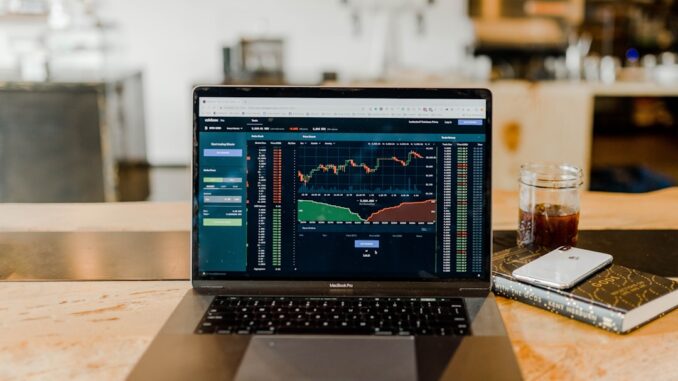
In a bold move, Robinhood unveiled its tokenized stock trading platform, allowing European Union users to trade over 200 U.S. stocks and exchange-traded funds (ETFs) around the clock. This initiative aims to democratize access to U.S. equities, including major companies like Nvidia, Apple, and Microsoft. The tokens, issued in partnership with blockchain firm Arbitrum, are designed to be traded 24/5, offering a new avenue for investors seeking flexibility and global market exposure.
However, the announcement took a contentious turn when Robinhood introduced tokenized shares linked to private companies such as OpenAI and SpaceX. These tokens were presented as a means for retail investors to gain indirect exposure to these high-profile firms. To incentivize early adoption, Robinhood offered €5 worth of OpenAI and SpaceX tokens to eligible EU users who registered to trade stock tokens by July 7.
The response from OpenAI was swift and unequivocal. The company issued a statement on X (formerly Twitter), stating, “These ‘OpenAI tokens’ are not OpenAI equity. We did not partner with Robinhood, were not involved in this, and do not endorse it.” OpenAI further emphasized that any transfer of its equity requires approval, which had not been granted in this case. The company urged users to exercise caution.
Investor Identification, Introduction, and negotiation.
Robinhood’s CEO, Vlad Tenev, addressed the controversy by clarifying that the tokens are not traditional equity instruments. Instead, they are enabled by Robinhood’s ownership stake in a special purpose vehicle (SPV). Tenev argued that the primary goal is to provide retail customers with an opportunity to gain exposure to assets like OpenAI and SpaceX, regardless of their private status.
This development has sparked a broader debate about the future of private equity tokenization. While the concept promises to democratize access to private markets, it also raises significant regulatory and legal questions. The lack of a clear regulatory framework in the U.S. adds complexity to the situation, as tokenized assets often fall into gray areas concerning securities laws.
Industry analysts have noted that tokenization could revolutionize securities trading by offering enhanced liquidity and accessibility. However, the controversy surrounding Robinhood’s approach underscores the need for clear regulations and transparency in the tokenization process. As the market for tokenized assets continues to evolve, stakeholders must navigate these challenges to ensure the integrity and sustainability of the emerging ecosystem.
In conclusion, Robinhood’s foray into tokenized stocks, particularly those linked to private companies like OpenAI and SpaceX, has ignited significant debate. While the initiative aims to broaden investment opportunities, it also highlights the complexities and regulatory hurdles associated with private equity tokenization. As the industry progresses, it will be crucial to establish clear guidelines to balance innovation with investor protection.


Be the first to comment